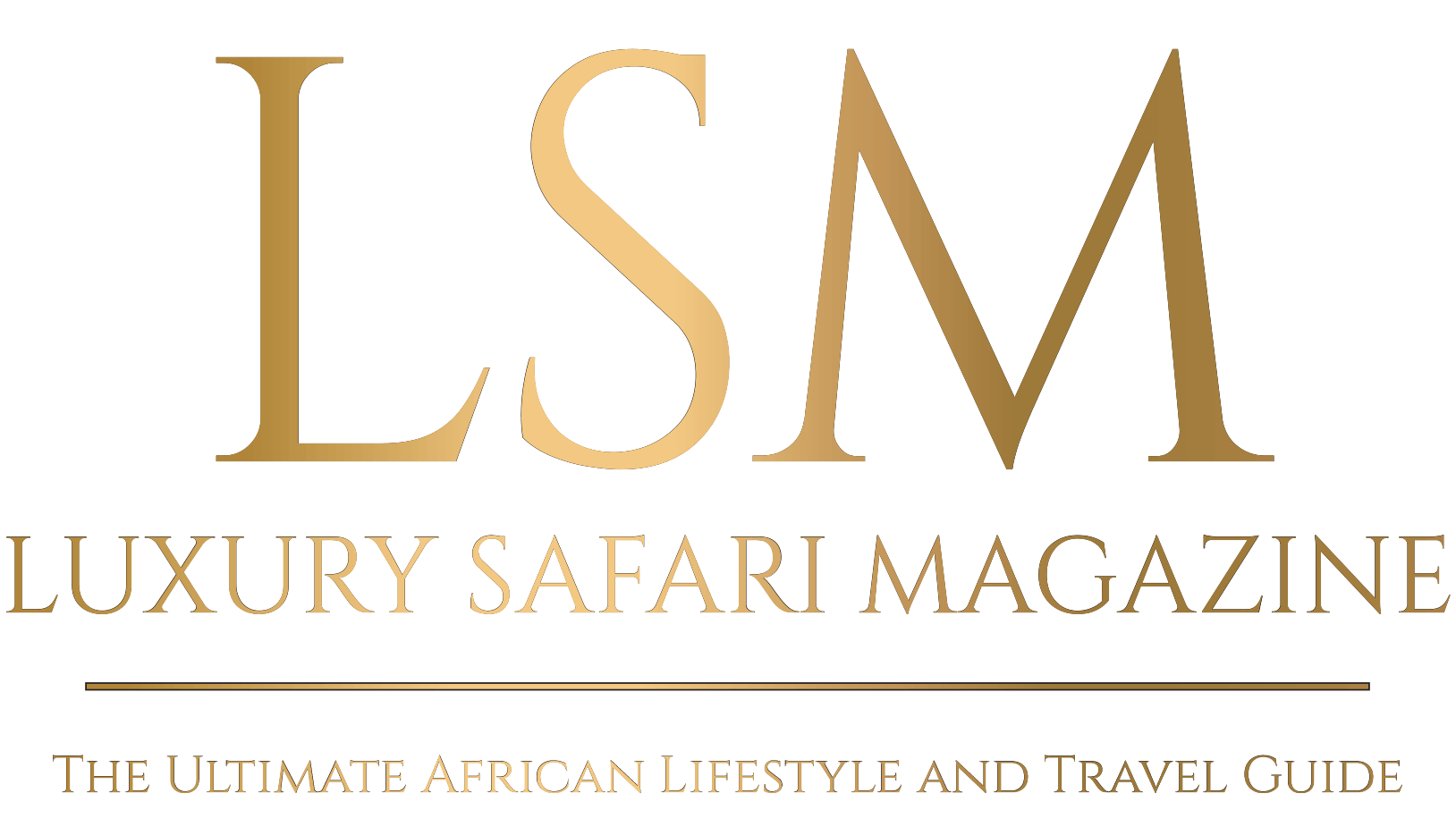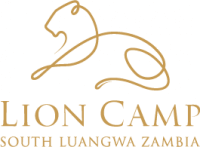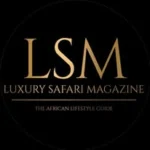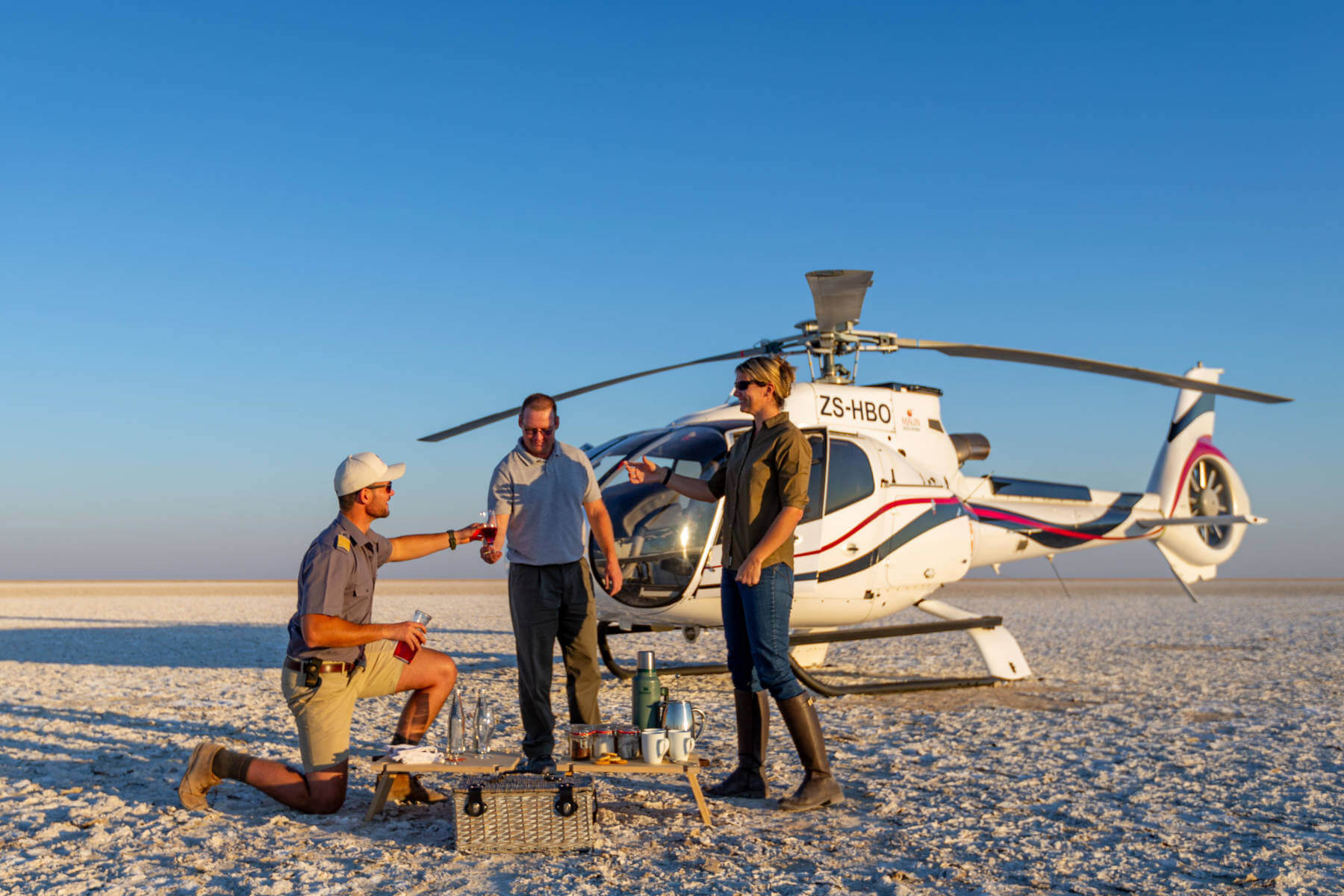March 15, 2022
Asilia Africa to open Usangu Expedition Camp, a citizen science experience
Asilia Africa is deepening its commitment to southern Tanzania with the opening of Usangu Expedition Camp in the wild and uncharted Usangu wetlands of Ruaha National Park, in June 2022. The four-tent camp will be the first tourism operation in the area and offers guests the chance to be part of a hands-on conservation experience. Working hand-in-hand with local conservation efforts to discourage poaching, uplift local communities and assist in collecting meaningful scientific data, the camp will play a pivotal role in protecting the wetland area.
The Usangu wetlands are an area of critical conservation importance. The wetlands are the source of the Great Ruaha River, the lifeblood of south-eastern Tanzania. The river provides water to Ruaha National Park then joins the Kilombero River to create the Rufiji Delta which is at the heart of Nyerere National Park (formerly the Selous Game Reserve). The water is not just essential to the wilderness and wildlife but is also the water source for the communities along its watercourse. Despite its importance, the area was an unprotected hunting reserve for almost 100 years until it was incorporated into Ruaha National Park in 2006.
Usangu Expedition Camp sits on the banks of the wetlands, at the heart of a 6000 square kilometre wilderness, an area the size of Luxembourg. The only camp for almost 100 kilometres, guests can explore this game-rich wilderness on foot, on game drives and on canoeing and boating safaris. This is an area where herds of roan and sable graze and wild dog hunt along riverbanks. Hundreds of ostrich congregate in a way that is not often seen in other places in Africa. Thousands of migratory bird species pass through the wetland as well as unidentified amphibians, still waiting to be catalogued by scientists. Every booking will receive its own private guide and vehicle, allowing guests to tailor their activities to their own personal interests.
The four spacious guest tents come complete with en-suite bathrooms with a traditional safari bucket shower. There are private decks to watch the sunset from and a comfortable main area where wholesome meals cooked over the campfire are served. For the truly wild at heart, guests can embark on a sleep-out experience in the Usangu Star Cubes. These innovative cube tents allow for 270-degree views of the African night sky.
This pioneering conservation project is the latest initiative in what is now a six-year partnership between Asilia and British businessman Sir Jim Ratcliffe, founder and Chairman of INEOS. The partnership began with the development of Jabali Ridge and Jabali Private House in Ruaha National Park and Roho ya Selous in Nyerere National Park, which opened in 2017. Together Asilia and Ratcliffe have made the largest commitment to southern Tanzania of any safari company. This commitment is crucial as these huge wilderness areas receive only a fraction of the visitors (and revenue) of the more famous northern parks such as the Serengeti and Tarangire. Pre-COVID the joint venture generated over US$ 250,000 annually in-park revenue in Ruaha and over US$ 150,000 in Nyerere and created more than 100 jobs. Together with NORFUND, Ratcliffe has invested over half a million dollars in protecting and researching Usangu. Ratcliffe says, “Southern Tanzania is an amazing place but it is under threat. The creation of a sustainable and ecologically friendly safari tourism business will both protect the wildlife and help the people of this amazing region. I believe in sustainable conservation and know that the only way to ensure the long-term survival of unique and vulnerable habitats like those in Northern Iceland and Southern Tanzania is through projects like these which protect the animals, preserve the environment and help the local community.”
Usangu Expedition Camp is part of an ambitious program to understand the health of the Usangu eco-system and what lives there. The first-ever three-way partnership between a tourism company (Asilia), Tanzania National Parks Authority and TAWIRI (the Tanzanian Wildlife Research Institute), was launched in 2018 to conduct a comprehensive biodiversity audit of the area. Guests at Usangu Expedition Camp can join the resident researchers from the Douglas Bell Eco Research Station and truly participate in citizen science. Every guest will get their own camera trap for the duration of their stay (one per couple/tent), which can be placed in and around camp to check what animals have visited the camp during the night. For an in-depth understanding of the role camera traps play in wildlife audits, guests can help researchers collect camera traps further afield and upload the images to the Predator ID Hub at the research station and then work with the researcher to ID the individual predators recorded or possibly identify a new individual. Equally important is tracking the research subjects fitted with GPS collars such as sable and roan antelope and recording their movements. For an additional donation, there is the opportunity to join the research team on a wildlife collaring expedition as they track, dart and collar lion, leopard, elephant and wild dog, and a variety of antelope species.
Asilia’s southern Tanzania Director, Brandon Kemp, explains, ”In order to understand these vast wilderness areas that have not had a defined and prolonged presence we have launched a research integrated safari. This is an opportunity for our guests to engage with Tanzanian researchers in our quest to better understand the area. We carry out bio-diversity audits to get to grips with exactly what is in that area and our guests are able to engage in these activities. We are reimagining the traditional safari with the hope of giving guests a deeper, hands-on conservation experience at the same time as contributing meaningful scientific data to the research project.’’
Usangu lion collaring
Uncontrolled hunting is not the only threat to the vast wetland. In 1993, the Great Ruaha River ran dry for the first time. The change was a result of a 3,000 hectare rice farm that was established upstream, adjacent to the Usangu wetland. The enormous demand for water caused the wetland to falter and dry up, and it was unable to feed into the rivers. To this day, unmanaged water trenches allow the rice to thrive throughout the year, leaving the Usangu wetland bare and the rivers parched, beginning a domino effect of events impacting both the ecosystem and local communities. Elephants that dig for water in the dry sand riverbeds cannot always reach the water table during the dry season, causing them to migrate beyond the boundaries of the park, resulting in increased human-wildlife conflict. Local and national communities are impacted as the Mtera Dam hydroelectric plant faces a water shortage and thus reduced electricity for economic development in Tanzania. The area is at a critical point where conservation efforts are essential to the survival of these immense wilderness areas. TAWIRI’s wildlife audit and the implementation of conservation-themed tourism is the first step to understanding what is needed to protect the area and its inhabitants.
Jeroen Harderwijk, co-founder and CEO of Asilia explains, ”Despite the uncertainties COVID 19 has brought, we remain committed to our mission to empower Africa’s wilderness areas. We have long understood the importance of the wetlands, not just as a wilderness area of conservation importance but as the lifeblood of the Great Ruaha River – and all that rely on it for survival. We began our research partnership there four years ago and since then, we have performed multiple reconnaissance missions to gather information about seasonality, water levels, wildlife numbers and potential camp locations. Creating a tourism presence in Usangu is the best chance we have for protecting wildlife and uplifting communities and as Asilia we have a proven track record in achieving this in East Africa. This project will show that wild areas do have value and importance and that their protection is an essential tool in economic development.’’
Usangu Expedition Camp is open from June to November and starts at US$ 700 per person per night with a minimum three-night stay.







